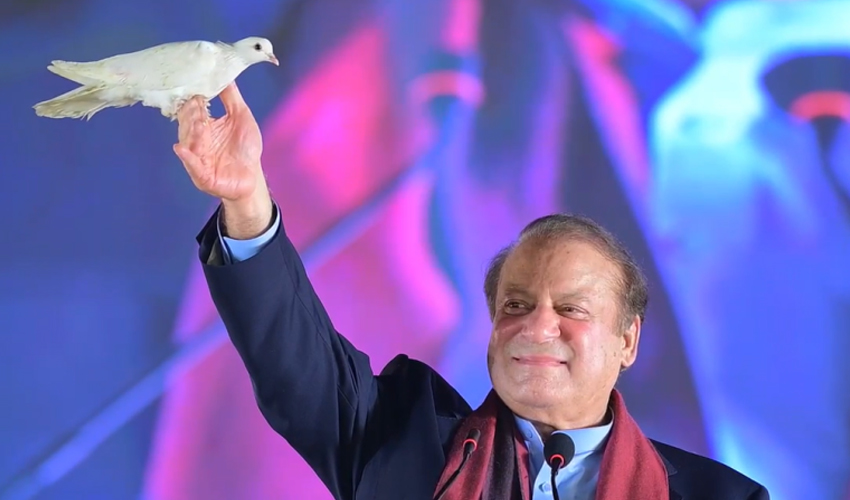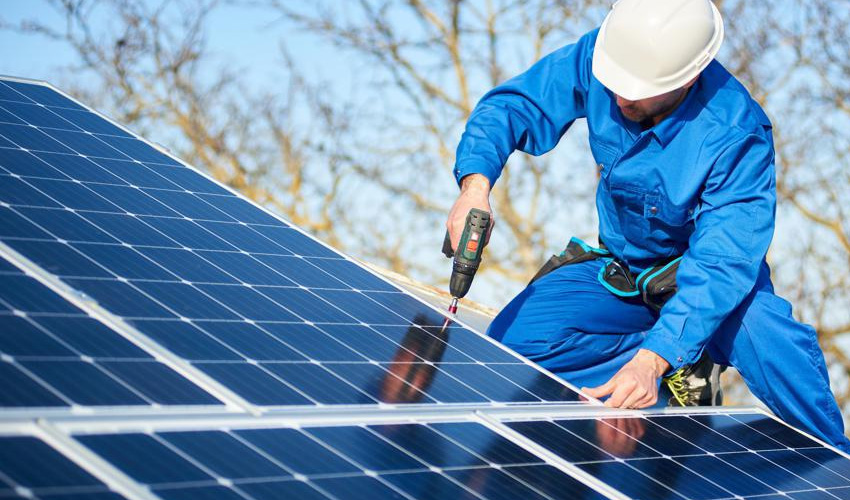A recent Gallup Pakistan survey reveals a shift in political preferences within Punjab, Pakistan’s most populous province. Nawaz Sharif, the former prime minister and Pakistan Muslim League-Nawaz (PML-N) supremo, has gained ground against his rival Imran Khan, the former prime minister and founder of the Pakistan Tehreek-e-Insaf (PTI).
The survey shows Nawaz Sharif enjoying 60% popularity in Punjab, compared to Imran Khan’s 53%. This marks a significant change since March 2023, when PTI held a clear lead in the province with 45% support against PML-N’s 24%. The gap has now narrowed to just 7%, indicating a potential swing towards Nawaz Sharif's party.
Surprisingly, Siraj-ul-Haq, the Emir of Jamaat-e-Islami (JI), secures the third position in popularity, while Maulana Fazlur Rehman ranks sixth in terms of popularity in Punjab, garnering a 27% approval rate. The survey also highlights a shifting political landscape, with declining popularity for both the Pakistan Muslim League-Nawaz (PML-N) and the Pakistan Tehreek-e-Insaf (PTI).
@GallupPak popularity rating poll in Punjab is quite profound. @NawazSharifMNS overtook with 60% approval compared to 53% of @ImranKhanPTI. Is this the inflexion point similar to the one we saw in 2018 when IK popularity surpassed NS’s 6 wks before poll? pic.twitter.com/wQ5X5APJv9
— احمد بلال محبوبAhmedBilalMehboob (@ABMPildat) January 11, 2024
Nawaz Sharif’s return to the political arena seems to have revitalized the PML-N’s standing in Punjab. The once significant gap in popularity between the PML-N and PTI in the province has now narrowed, with momentum favoring the PML-N.
The Gallup Pakistan survey reveals a notable change in the political preferences of Punjab voters. In March 2023, PTI had a 45% approval rate compared to PML-N’s 24%. However, by December 2023, PTI’s approval had declined to 34%, while PML-N gained ground with a 32% approval rate, marking a 2% difference.
In Sindh, the survey indicates that 42% of voters support the Pakistan Peoples’ Party (PPP), while PTI secures a 19% approval rate, and 31% of voters remain undecided or support other parties. The evolving political landscape in Punjab may have implications for the broader political dynamics in the country, setting the stage for a competitive electoral landscape.



























